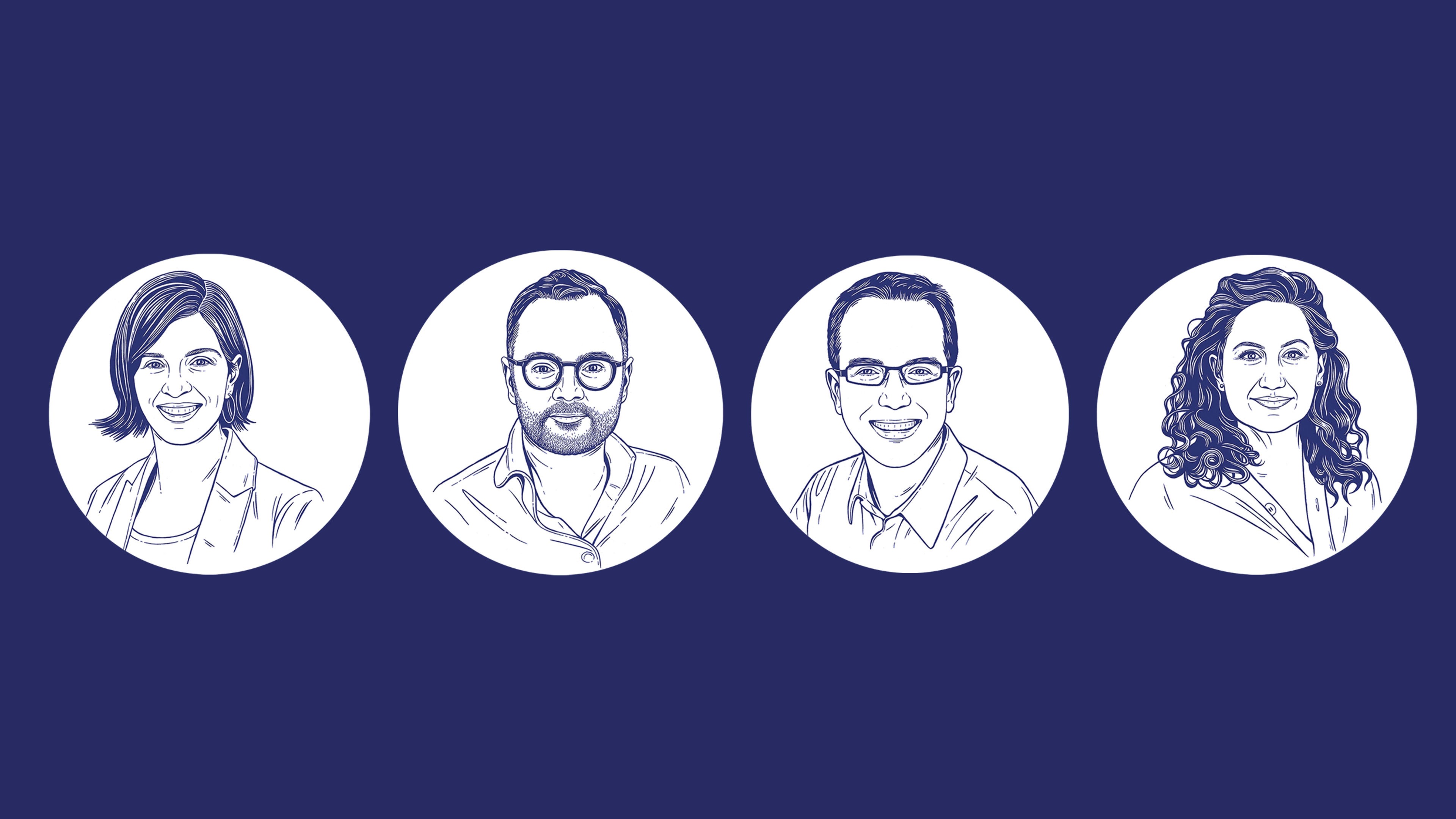For years, Apple has made privacy and security one of the iPhone’s principal selling points. But a fraction of users—including dissidents, activists, and journalists—have reason to obsess over it. Governments and others with ill intent have targeted these groups with sophisticated spyware to gain access to messages, location data, and other information that can compromise not just privacy but their physical safety. “These are attackers who are willing to spend untold millions and millions and millions of dollars going after extremely small numbers of people,” says Apple’s head of security engineering and architecture Ivan Krstić.
To combat this threat, Apple asked itself a new question, explains security engineering and architecture engineering manager Lucia Ballard: “If we design for just [this] incredibly narrow subset of people, what can we do?” Rather than introducing additional security settings addressing all the potential threats—which would leave users having to fine-tune their own level of self-defense—Ballard advocated for a single option that was more classically Apple-esque in its simplicity.
Called Lockdown Mode and released in 2022, the feature hardens iPhones—and Macs and iPads—by restricting functionality across the operating system that might let targeted spyware wriggle in. For instance, other users can’t initiate FaceTime calls with you unless you’ve called them in the past, and most kinds of message attachments are blocked.
Typical users probably won’t want to put such extreme measures in place, but that’s okay: Lockdown Mode was designed specifically for those at heightened risk. And last April, the feature’s effectiveness was confirmed when researchers at the Citizen Lab reported that it had successfully deflected a new type of attack employed by Israeli firm NSO Group’s notorious Pegasus spyware.
Recognize your brand’s excellence by applying to this year’s Brands That Matter Awards before the early-rate deadline, May 3.
